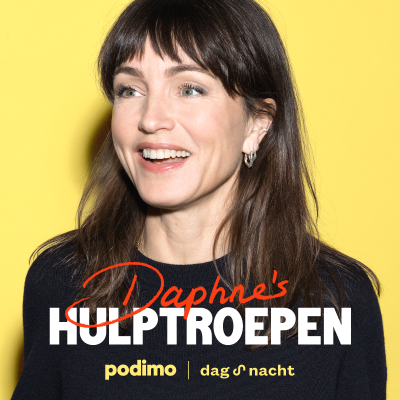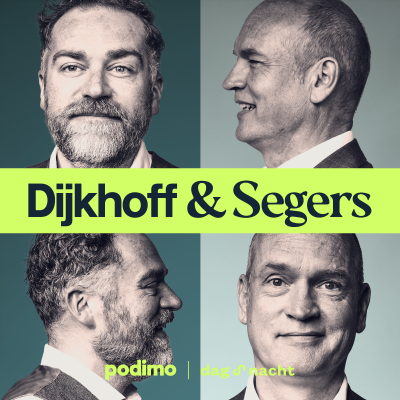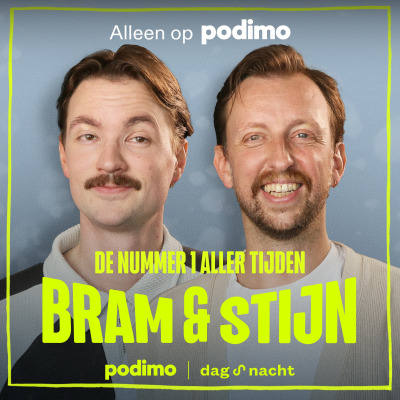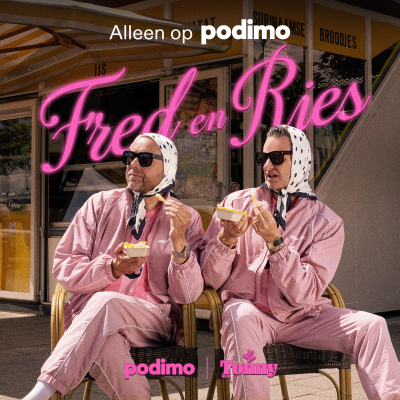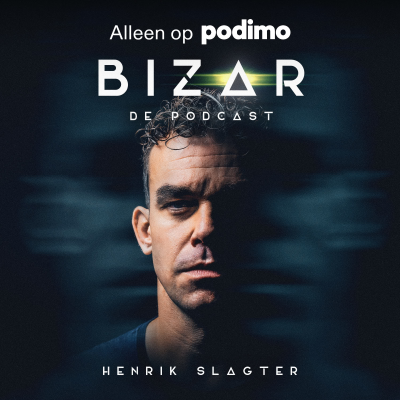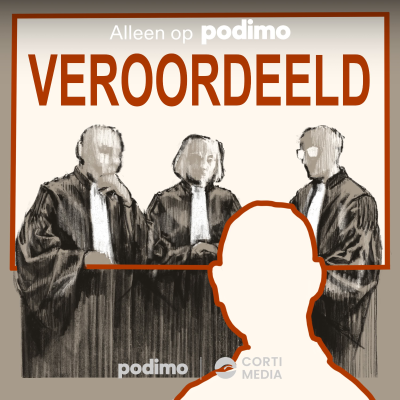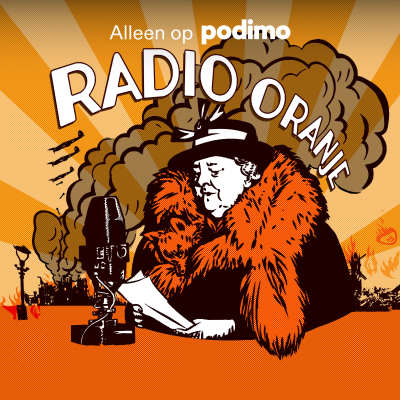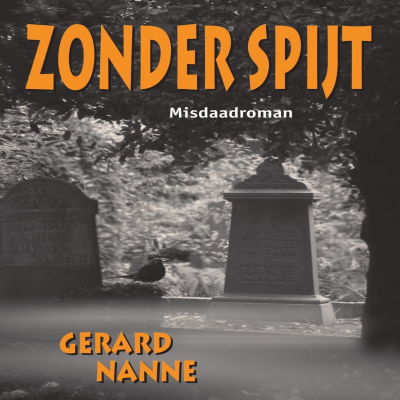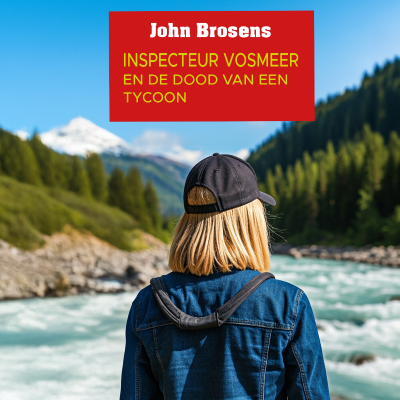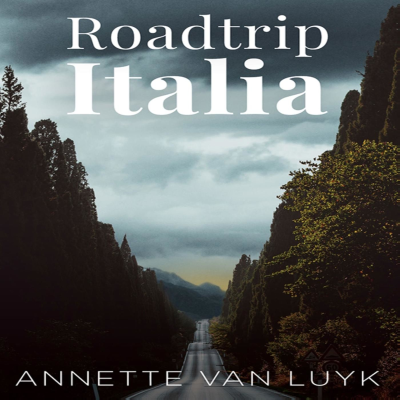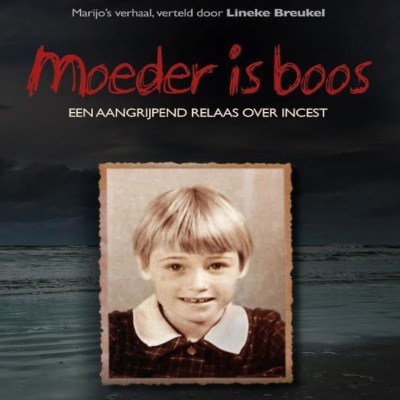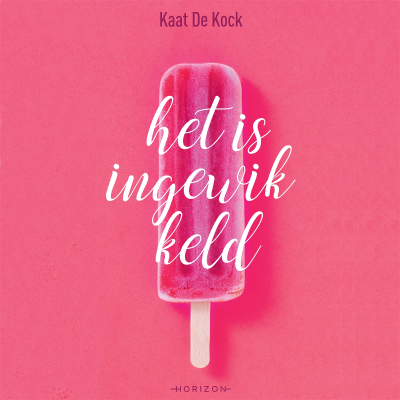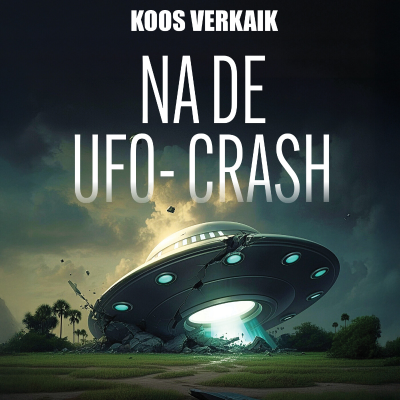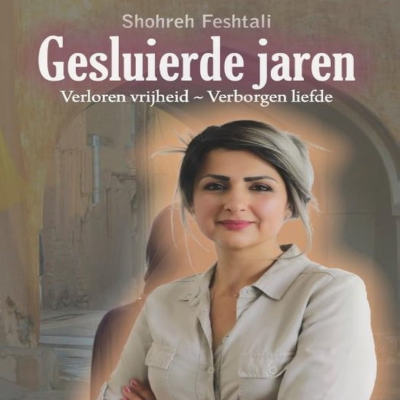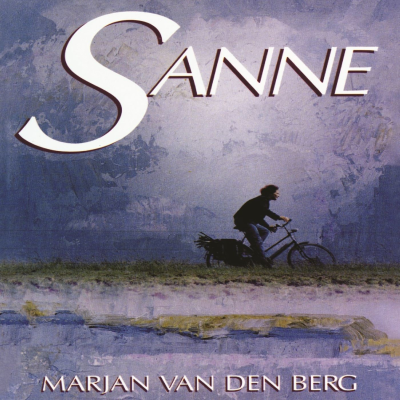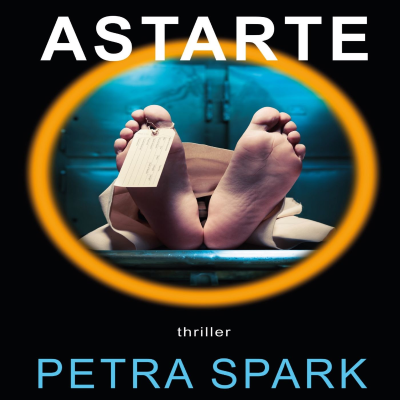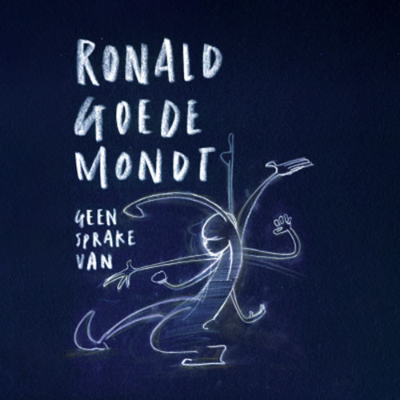
HISTORY This Week
Engels
Persoonlijke verhalen & gesprekken
Tijdelijke aanbieding
2 maanden voor € 1
Daarna € 9,99 / maandElk moment opzegbaar.
- 20 uur luisterboeken / maand
- Podcasts die je alleen op Podimo hoort
- Gratis podcasts
Over HISTORY This Week
This week, something big happened. You might have never heard of it, but this moment changed the course of history. A HISTORY Channel original podcast, HISTORY This Week gives you insight into the people—both famous and unknown—whose decisions reshaped the world we live in today. Through interviews with experts and eyewitnesses, each episode will give you a new perspective on how history is written. Stay up-to-date at historythisweekpodcast.com and to get in touch, email us at historythisweek@history.com. HISTORY This Week is a production of Back Pocket Studios in partnership with the History Channel.
Alle afleveringen
308 afleveringenHow To Dig a Train Tunnel Under the Hudson River
February 14, 1905. A stick of dynamite detonates under the Hudson River — and the ground above swallows a locomotive whole. It's the latest setback in an audacious plan to tunnel beneath the river and bring trains into Manhattan. The Pennsylvania Railroad is the largest corporation in the world, but the goopy riverbed keeps fighting back. How did they finally make it across? And why are these 115-year-old tunnels still the most critical infrastructure in America today? Special thanks to our guests: Polly Desjarlais, content and research manager at the New York Transit Museum [https://www.nytransitmuseum.org/]; Jill Jonnes, author of Conquering Gotham: A Gilded Age Epic: The Construction of Penn Station and Its Tunnels [https://www.amazon.com/Conquering-Gotham-Construction-Station-ItsTunnels/dp/0670031585]; and Andy Sparberg, former LIRR manager, transit historian, and author of From a Nickel to a Token: The Journey from Board of Transportation to MTA [https://www.amazon.com/Nickel-Token-Journey-Board-Transportation/dp/0823271803]. -- Get in touch: historythisweek@history.com [historythisweekpodcast@history.com] Follow on Instagram: @historythisweekpodcast [https://www.instagram.com/historythisweekpodcast/] Follow on Facebook: HISTORY This Week Podcast [https://www.facebook.com/profile.php?id=61579051723230] To stay updated: http://historythisweekpodcast.com [http://historythisweekpodcast.com] To learn more about listener data and our privacy practices visit: https://www.audacyinc.com/privacy-policy [https://www.audacyinc.com/privacy-policy] Learn more about your ad choices. Visit https://podcastchoices.com/adchoices [https://podcastchoices.com/adchoices]
Trailer: HTW Season Premiere This Monday!
HISTORY This Week will return with new episodes this Monday, February 16th, with a story about the most vital train tunnels in the United States. The North River Tunnels—their formal name—connect New Jersey to Penn Station in New York City, carrying 200,000 passengers every day. These tunnels underneath the Hudson are now over 115 years old, and are in desperate need of repair. The tunnel rehabilitation effort will be the largest infrastructure project in the country. It’s just getting underway, but now, the funding has been tied up in a political battle between the Trump Administration, Amtrak, and the states of New York and New Jersey. The stakes could not be higher. If these tunnels were to fail, up to 20% of U.S. GDP could be at risk. In this episode, we will unpack just how difficult it was to dig these tunnels in the first place. One man, Pennsylvania Railroad President Alexander Cassatt, was determined to build this critical rail connection, ultimately linking the entire Eastern Seaboard via train for the first time, using engineering methods that had never been tried before. If he failed, his corporation—the largest in the world at the time—would have been doomed. 🎧 Stay tuned this Monday, February 16th, for the full story. To learn more about listener data and our privacy practices visit: https://www.audacyinc.com/privacy-policy [https://www.audacyinc.com/privacy-policy] Learn more about your ad choices. Visit https://podcastchoices.com/adchoices [https://podcastchoices.com/adchoices]
Shut Out of the Majors, They Created Their Own
LINK TO OUR LIVE SHOW! [https://www.tenement.org/events/history-this-week-live-podcast-with-tyler-anbinder/] (or visit historythisweekpodcast.com [historythisweekpodcast.com]) Feb 13, 1920. For over thirty years, Black baseball players have been locked out of the major leagues. So on this day in Kansas City, Rube Foster, a former pitcher and now a team owner, is trying to make his own league just for Black players. He has gathered owners of other Black baseball teams, who currently play each other in one-off matchups or face independent teams in random games around the country. But Foster wants them to get organized, and soon, the Negro National League would be born. But up to this point, how did Black baseball survive after segregation became the unofficial policy of the major leagues? And how did Black players, owners, and managers join together to create something that no baseball fan could ignore? Special thanks to our guests, Phil S. Dixon [https://www.nlbalive.com/], author and Negro Leagues researcher; and Bob Kendrick [https://www.nlbm.com/], President of the Negro Leagues Baseball Museum in Kansas City, MO. ** This episode originally aired Feb 7, 2022. Get in touch: historythisweek@history.com [historythisweekpodcast@history.com] Follow on Instagram: @historythisweekpodcast [https://www.instagram.com/historythisweekpodcast/] Follow on Facebook: HISTORY This Week Podcast [https://www.facebook.com/profile.php?id=61579051723230] To stay updated: http://historythisweekpodcast.com [http://historythisweekpodcast.com] To learn more about listener data and our privacy practices visit: https://www.audacyinc.com/privacy-policy [https://www.audacyinc.com/privacy-policy] Learn more about your ad choices. Visit https://podcastchoices.com/adchoices [https://podcastchoices.com/adchoices]
The Great Comic Book Scare
February 4, 1955. In a New York courtroom, the Comics Czar takes the stand. He’s in charge of enforcing a new code, meant to keep comic books from corrupting America’s youth, and he’s here to prove that his work has cleaned up the industry. But that afternoon, a noted psychologist named Fredric Wertham argues that his work has not nearly gone far enough. When the hearing comes to a close, the committee is left to decide: what is the future of the comic book? Why did one of the country’s leading psychologists see them as a major threat to American children? And what can the Great Comic Book Scare teach us about moral panics? Special thanks to our guests, David Hajdu, author of The Ten-Cent Plague [https://www.amazon.com/Ten-Cent-Plague-Comic-Book-Changed-America/dp/0312428235]; and Jeremy Dauber, author of American Comics: A History [https://www.amazon.com/American-Comics-History-Jeremy-Dauber/dp/0393635600]. ** This episode originally aired Jan 31, 2022. Get in touch: historythisweek@history.com [historythisweekpodcast@history.com] Follow on Instagram: @historythisweekpodcast [https://www.instagram.com/historythisweekpodcast/] Follow on Facebook: HISTORY This Week Podcast [https://www.facebook.com/profile.php?id=61579051723230] To stay updated: http://historythisweekpodcast.com [http://historythisweekpodcast.com] To learn more about listener data and our privacy practices visit: https://www.audacyinc.com/privacy-policy [https://www.audacyinc.com/privacy-policy] Learn more about your ad choices. Visit https://podcastchoices.com/adchoices [https://podcastchoices.com/adchoices]
The Dogs Who Saved Nome, Alaska
On January 5, 2026, Jirdes Winther Baxter passed away at 101 years old — the last known survivor of the 1925 diphtheria epidemic in Nome, Alaska. A few years ago, we told the story of the Serum Run: the desperate relay of mushers and sled dogs who carried a life-saving antitoxin across Alaska, including to an 11-month-old Baxter. Today, that run lives on through the Iditarod Trail Sled Dog Race. Enjoy this classic HTW story, and stay tuned for new episodes soon! January 27, 1925. Musher “Wild Bill” Shannon and his team of sled dogs race off into the frigid Alaskan night. He’s carrying a package of life-saving serum, wrapped in fur to keep it from freezing. There’s no time to waste: nearly 700 miles away, in the snowed-in town of Nome, children are dying of diphtheria. Twenty mushers and hundreds of dogs are about to take part in an almost superhuman effort to ferry desperately needed medicine across the howling Alaskan wilderness. Who were they, and what did they endure to reach their goal? And as they pressed on, how did their efforts grip the nation? Special thanks to our guests, Pam Flowers, author of Togo and Leonhard [https://www.amazon.com/Togo-Leonhard-Pam-Flowers/dp/1578337453], and Bob Thomas, author of Leonhard Seppala: The Siberian Dog and The Golden Age of Sleddog Racing 1908-1941 [https://www.goodreads.com/book/show/34318003-leonhard-seppala]. ** This episode originally aired Jan 23, 2023. -- Get in touch: historythisweek@history.com [historythisweekpodcast@history.com] Follow on Instagram: @historythisweekpodcast [https://www.instagram.com/historythisweekpodcast/] Follow on Facebook: HISTORY This Week Podcast [https://www.facebook.com/profile.php?id=61579051723230] To stay updated: http://historythisweekpodcast.com [http://historythisweekpodcast.com] To learn more about listener data and our privacy practices visit: https://www.audacyinc.com/privacy-policy [https://www.audacyinc.com/privacy-policy] Learn more about your ad choices. Visit https://podcastchoices.com/adchoices [https://podcastchoices.com/adchoices]
Kies je abonnement
Tijdelijke aanbieding
Premium
20 uur aan luisterboeken
Podcasts die je alleen op Podimo hoort
Gratis podcasts
Elk moment opzegbaar
2 maanden voor € 1
Daarna € 9,99 / maand
Premium Plus
Onbeperkt luisterboeken
Podcasts die je alleen op Podimo hoort
Gratis podcasts
Elk moment opzegbaar
Probeer 30 dagen gratis
Daarna € 11,99 / maand
2 maanden voor € 1. Daarna € 9,99 / maand. Elk moment opzegbaar.

